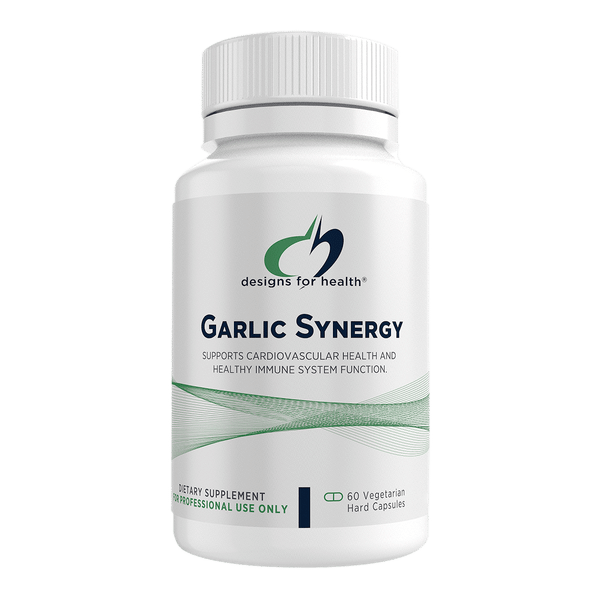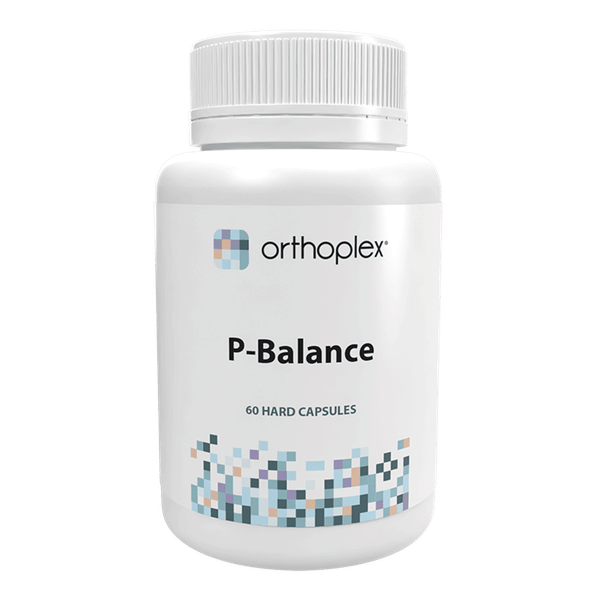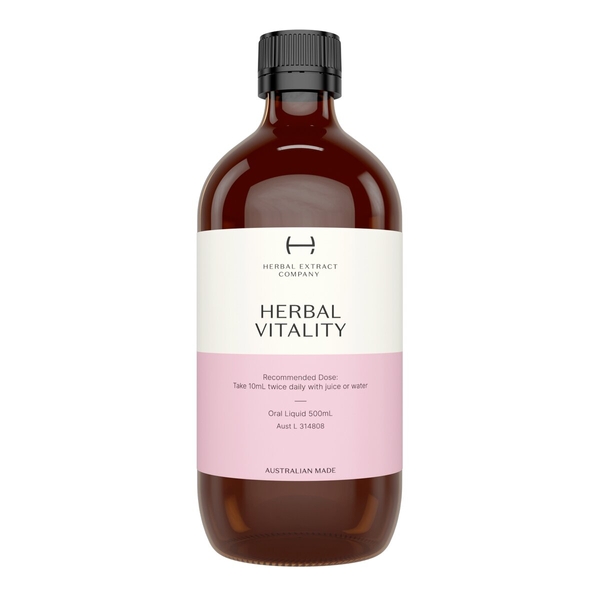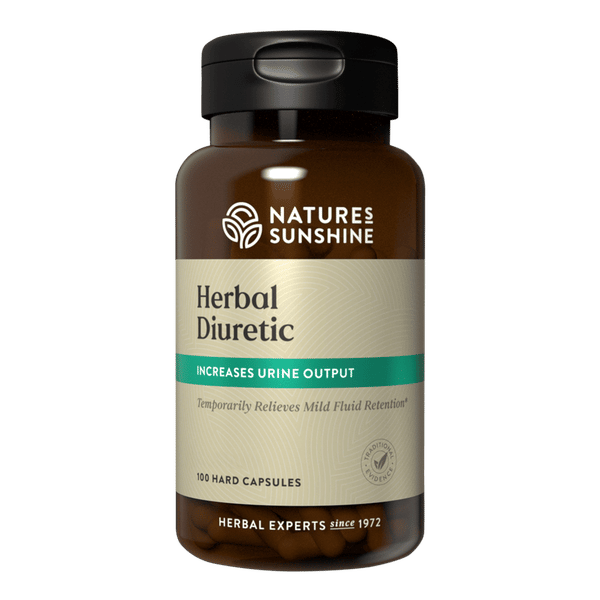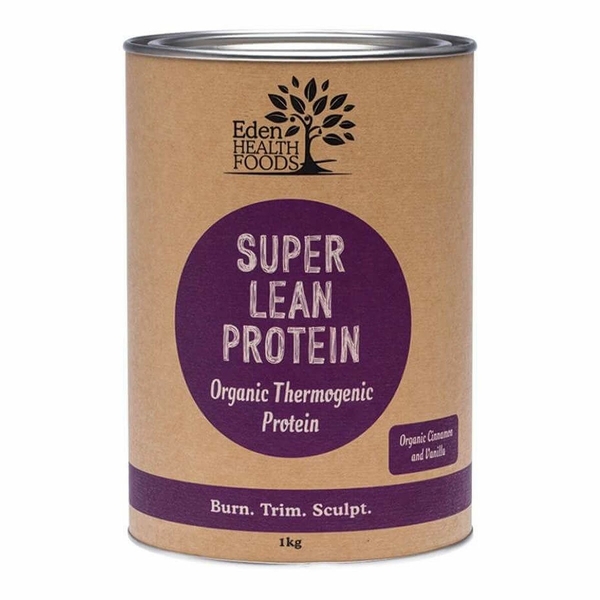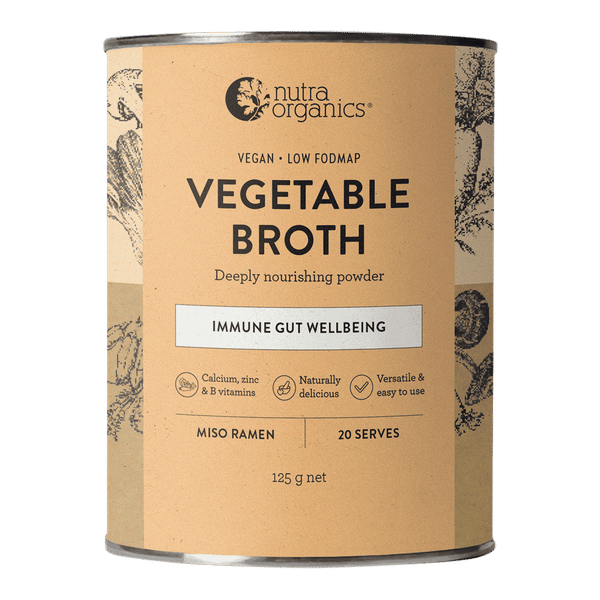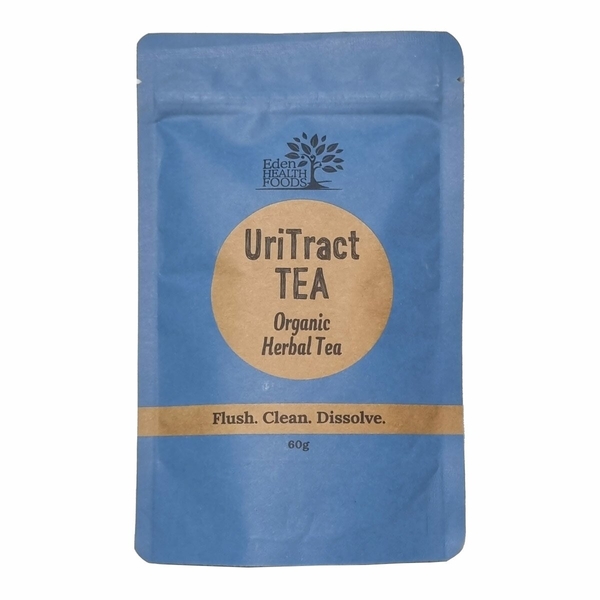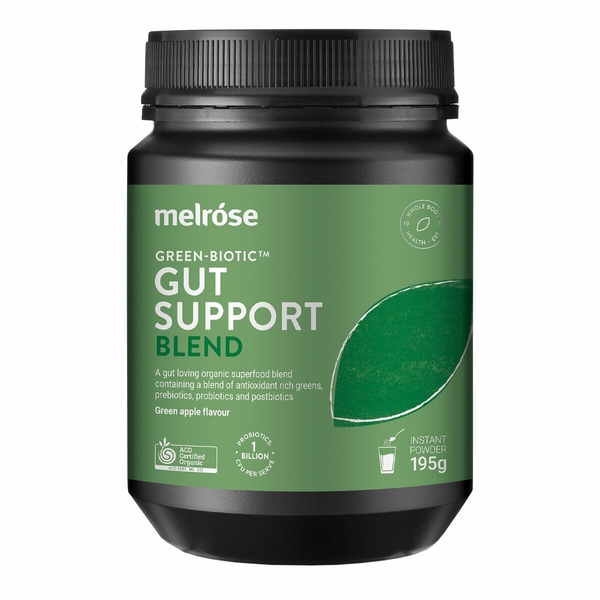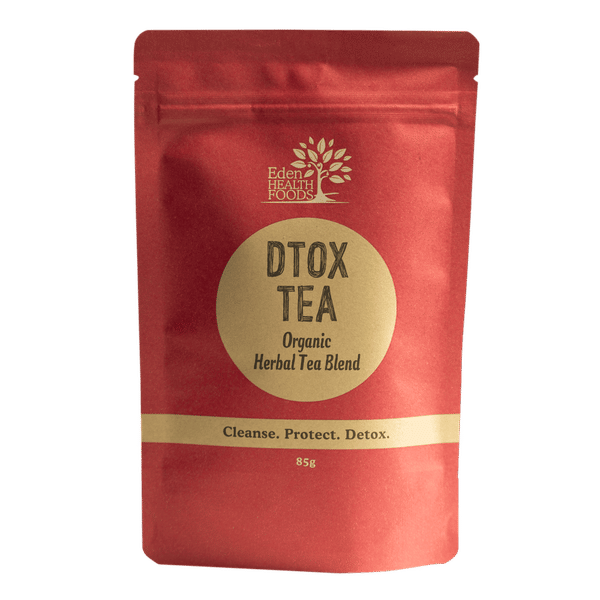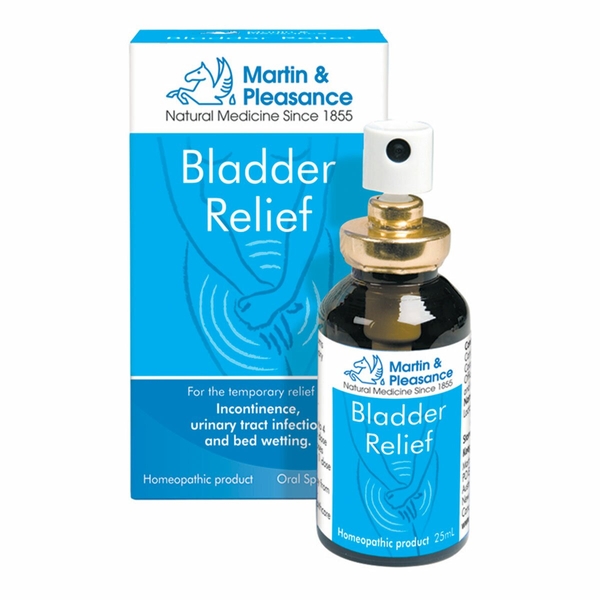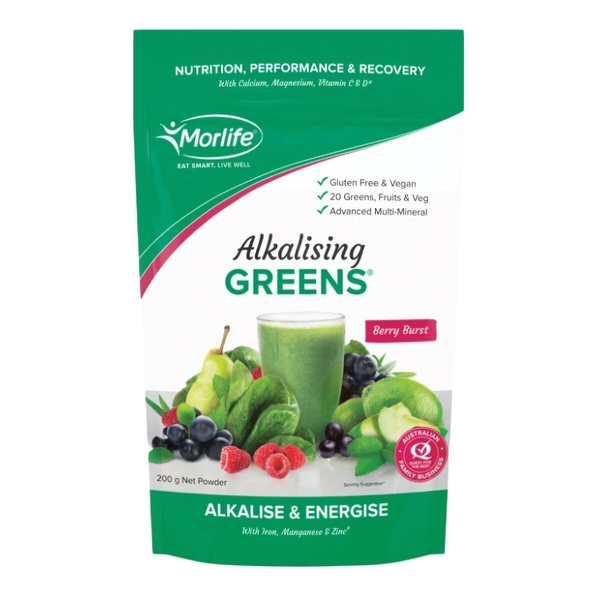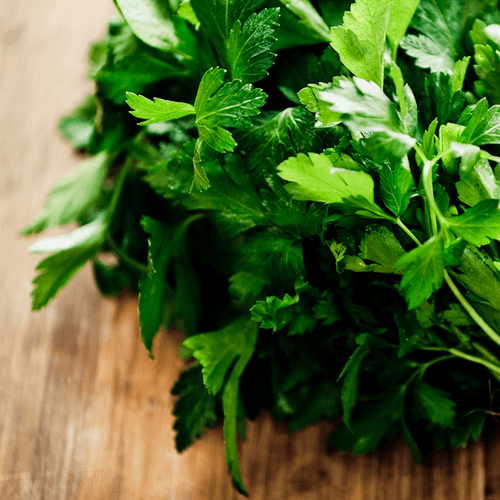
Background
Parsley contains vitamins B1, B2, C, and K. Oils extracted from parsley contain chemicals that might help stimulate the appetite, improve digestion, and have laxative effects.
People use parsley for constipation, diabetes, dark skin patches on the face (melasma), kidney stones, and many other conditions, but there is no good scientific evidence to support these uses.
Don't confuse parsley with similarly named fool's parsley or parsley piert. These are not the same.
Safety Safety definitions
When applied to the skin: Parsley seed oil is likely unsafe. It can cause the skin to become extra sensitive to the sun. There isn't enough reliable information to know if applying parsley root and leaf to the skin is safe or what the side effects might be.
Special Precautions & Warnings:
Pregnancy: Parsley is commonly consumed in foods. But using parsley in larger amounts as medicine is likely unsafe during pregnancy. Parsley has been used to cause abortion and start menstrual flow. Also, taking large amounts of parsley during the first three months of pregnancy might increase the risk of birth defects. Stay on the safe side and stick with food amounts.Breast-feeding: Parsley is commonly consumed in foods. But there isn't enough reliable information to know if parsley is safe to use in larger amounts as medicine when breast-feeding. Stay on the safe side and stick with food amounts.
Bleeding disorders: Parsley might slow blood clotting. Taking parsley might increase the risk of bleeding in people with bleeding disorders.
Fluid retention (edema): Parsley might cause the body to hold onto sodium (salt), which increases water retention.
High blood pressure: Parsley might cause the body to hold onto sodium (salt), which might make high blood pressure worse.
Kidney disease: Don't take parsley if you have kidney disease. Parsley contains chemicals that can make kidney disease worse.
Surgery: Parsley might lower blood sugar levels and interfere with blood sugar control during and after surgery. Stop using parsley at least 2 weeks before a scheduled surgery.
Effectiveness
Dosing & administration
Interactions with pharmaceuticals
Aspirin
Interaction Rating=Minor Be watchful with this combination.
Some people are allergic to parsley. Aspirin might increase sensitivity to parsley, making allergic reactions worse. If you are allergic to parsley do not take aspirin and eat parsley.
Medications changed by the liver (Cytochrome P450 1A2 (CYP1A2) substrates)
Interaction Rating=Moderate Be cautious with this combination.
Some medications are changed and broken down by the liver. Parsley might change how quickly the liver breaks down these medications. This could change the effects and side effects of these medications.
Medications for diabetes (Antidiabetes drugs)
Interaction Rating=Moderate Be cautious with this combination.
Parsley might lower blood sugar levels. Taking parsley along with diabetes medications might cause blood sugar to drop too low. Monitor your blood sugar closely.
Medications that slow blood clotting (Anticoagulant / Antiplatelet drugs)
Interaction Rating=Moderate Be cautious with this combination.
Parsley might slow blood clotting. Taking parsley along with medications that also slow blood clotting might increase the risk of bruising and bleeding.
Pentobarbital (Nembutal)
Interaction Rating=Moderate Be cautious with this combination.
Parsley juice might increase the amount of time pentobarbital stays in the body. Taking parsley along with pentobarbital might increase the effects and side effects from pentobarbital.
Sirolimus (Rapamune)
Interaction Rating=Moderate Be cautious with this combination.
Large amounts of parsley juice might increase levels of sirolimus in the body. This could increase the effects and side effects of sirolimus.
Warfarin (Coumadin)
Interaction Rating=Moderate Be cautious with this combination.
Warfarin is taken to thin the blood and slow blood clotting. Large amounts of parsley leaf might increase blood clotting. Taking parsley along with warfarin might decrease how well warfarin works to thin the blood.
Water pills (Diuretic drugs)
Interaction Rating=Moderate Be cautious with this combination.
Parsley seed extract might work like a "water pill" by causing the body to lose water, while parsley leaf and root might cause the body to hold on to water. Taking parsley along with "water pills" might interfere with the effects of these drugs.
Interactions with herbs & supplements
Herbs and supplements that might slow blood clotting: Parsley might slow blood clotting and increase the risk of bleeding. Taking it with other supplements with similar effects might increase the risk of bleeding in some people. Examples of supplements with this effect include garlic, ginger, ginkgo, nattokinase, and Panax ginseng.
Interactions with foods
Products
View all products- Petroselinum crispum (Parsley) ext. 10 mg
- Vitex agnus-castus ext. 100 mg
- Melissa officinalis ext. 120 mg
- Perilla frutescens ext. 16.7 mg
- Retinyl palmitate 1.37 mg equiv. vitamin A 750 μgRE
- Riboflavin 5-phosphate sodium (Activated B2) 25 mg equiv. riboflavin 19 mg
- Nicotinamide (Vitamin B3) 50 mg
- Calcium pantothenate (Vitamin B5) 55 mg equiv. pantothenic acid 50.6 mg
- Pyridoxal 5-phosphate monohydrate (P5P) 50 mg equiv. pyridoxine 31.9 mg
- Quercetin 125 mg
- Petroselinum crispum (Parsley) ext. equiv. dry 888 mg
- Crataegus monogyna ext. equiv. dry 711 mg
- Rehmannia glutinosa ext. equiv. dry 711 mg
- Eleutherococcus senticosus ext. equiv. dry 533 mg
- Urtica dioica ext. equiv. dry 888 mg
- Trifolium pratense ext. equiv. dry 711 mg
- Euphrasia officinalis ext. equiv. dry 711 mg
- Taraxacum officinale ext. equiv. dry 711 mg
- Avena sativa ext. equiv. dry 355 mg
- Equisetum arvense ext. equiv. dry 355 mg
- Vaccinium myrtillus ext. equiv. dry 107 mg
- Rosmarinus officinalis ext. equiv. dry 71 mg
- Cinnamomum verum ext. equiv. dry 71 mg
- Syzygium aromaticum ext. equiv. dry 18 mg
- Mentha x piperita oil
- Pimpinella anisum oil
- Glycerol
- Petroselinum crispum (Parsley) (leaf)
- Oryza sativa (Brown rice sprout, bio-fermented protein)
- Golden pea protein (sprout) bio-fermented
- Garcinia cambogia
- Myristica fragrans (Nutmeg)
- Curcumin (Turmeric)
- Capsicum spp.
- Foeniculum vulgare (seed)
- Arctium lappa (root)
- Stevia rebaubiana (leaf)
- Taraxacum officinale (leaf)
- Eleutherococcus senticosus (root)
- Coleus forskohlii (root)
- Crataegus monogyna (berry)
- Juglans nigra (fruit hull)
- Zingiber officinale
- Fucus vesiculosus
- Stellaria media
- Apple pectin
- Cinnamomum spp.
- Vanilla planifolia (Vanilla bean)
- Laminaria digitara (Kelp)
- Petroselinum crispum (Parsley)
- Beef bones
- Sea salt
- Curcuma longa
- Piper nigrum
- Chilli powder
- Honey
- Apple cider vinegar
- Allium sativum
- Armoracia rusticana
- Zingiber officinale
- Daucus carota powder (Carrot)
- Apium graveolens
- Allium cepa
- Malus (Apple)
- Orange
- Citrus limon (Lemon)
- Brassica juncea
- Rosmarinus officinalis
- Thymus vulgaris
- Juniperus communis (berry)
- Bay leaf
- Szechuan pepper
- Backhousia citriodora
- Pink Himalayan crystal salt
- Origanum vulgare (Oregano)
- Petroselinum crispum (Parsley) powder
- Fermented soybean paste (Miso)
- Daucus carota powder (Carrot)
- Spinacia oleracea (Spinach)
- Brassica oleracea var. acephala (leaf) powder (Kale)
- Pumpkin powder
- Sweet potato powder
- Brassica oleracea var. italica (seed) powder
- Nutritional yeast flakes (Dried yeast)
- Pink Himalayan crystal salt
- Oryza sativa (Brown rice protein)
- Curcuma longa powder
- Arctic sea algae
- Laminaria digitara (Kelp)
- Allium schoenoprasum powder
- Piper nigrum powder
- Sea salt
- Petroselinum crispum (Parsley)
- Fermented soybean paste (Red miso)
- Oryza sativa (Rice)
- Sea salt
- Aspergillus oryzae (Kōji mould)
- Medium Chain Triglycerides (powder) (MCT)
- Nutritional yeast flakes (Dried yeast)
- Pink Himalayan crystal salt
- Tapioca
- Allium cepa
- Daucus carota powder (Carrot)
- Apium graveolens
- Oryza sativa (Brown rice)
- Allium sativum
- Curcuma longa
- Pumpkin powder
- Brassica oleracea var. acephala (leaf) powder (Kale)
- Spinacia oleracea (Spinach)
- Sweet potato powder
- Brassica oleracea var. italica (Broccoli)
- Laminaria digitara (Kelp)
- Allium schoenoprasum
- Piper nigrum
- Arctic sea algae
- Petroselinum crispum (Parsley)
- Hordeum vulgare (Barley)
- Green banana starch 250 mg
- Arthrospira platensis (Spirulina)
- Quercetin 200 mg
- Brassica oleracea var. italica (Broccoli)
- Apple pectin 50 mg
- Larix occidentalis (arabinogalactan) (Larch) 250 mg
- Bacillus coagulans 25 mg
- Punica granatum
- Macrocystis pyrifera (Ocean kelp)
- Brassica oleracea var. acephala (leaf & sprout) powder (Kale)
- Spinacia oleracea (Spinach)
- Daucus carota powder (Carrot)
- Brassica oleracea var. viridis
- Palmaria palmata (Dulse)
- Apium graveolens (seed) powder
- Citrus bioflavonoids extract 150 mg
- Myrciaria dubia (fruit) powder (Camu Camu)
- Malpighia glabra
- Blueberry flavour
- Zingiber officinale
- Kakadu plum powder
- Theobroma cacao (Cocoa powder)
- Natural flavours
- Pink Himalayan crystal salt
- Ananas comosus (Bromelain) 150 mg
- Origanum vulgare oil
- Thymus vulgaris oil
- Syzygium aromaticum oil
- Mentha x piperita oil
- N-acetyl glucosamine (NAG) 125 mg
- Stevia rebaubiana
- Zinc citrate 7.5 mg
- Chlorella vulgaris powder
- Polyphenolic fulvic minerals 50 mg
- Petroselinum crispum (Parsley)
- Pea protein concentrate
- Oryza sativa (Rice protein)
- Hordeum vulgare
- Wheatgrass powder
- Quinoa powder
- Medicago sativa
- Malus (Apple)
- Vaccinium corymbosum
- Vaccinium macrocarpon
- Daucus carota powder (Carrot)
- Coriandrum sativum
- Cynara scolymus
- Raphanus raphanistrum (Wild radish)
- Taraxacum officinale
- Brassica oleracea var. acephala (leaf) powder (Kale)
- Apium graveolens
- Beta vulgaris
- Lycopersicon esculentum (Tomato)
- Brassica oleracea var. italica
- Armoracia rusticana
- Brassica oleracea var. viridis
- Nasturtium officinale
- Ocimum basilicum
- Piper nigrum
- Mentha spicata
- Theobroma cacao (Cocoa powder)
- Natural flavours
- Malpighia glabra ext. dry
- Cordyceps sinensis
- Ganoderma lucidum
- Lentinula edodes
- Grifola frondosa
- Stevia rebaubiana
- Pumpkin seed protein
- Brassica oleracea var. botrytis (Cauliflower)
- Capsicum annuum
- Beta vulgaris (leaf) powder (Swiss Chard)
- Petroselinum crispum (Parsley) (root)
- Petroselinum crispum (Parsley) (leaf)
- Juniperus communis (berry)
- Arctostaphylos uva-ursi
- Zea mays
- Taraxacum officinale (leaf)
- Equisetum arvense
- Eupatorium purpureum
- Solidago virgaurea (flower)
- Hydrangea arborescens (root)
- Mentha x piperita (leaf)
- Althaea officinalis (root)
- Arctium lappa (root)
- Echinacea purpurea (root)
- Orange peel
- Echinacea angustifolia (root)
- Coriandrum sativum
- Petroselinum crispum (Parsley)
- Green banana starch 654 mg
- Wheatgrass powder 654 mg
- Hordeum vulgare (leaf) powder (Barley) 654 mg
- Green lentil
- Mung bean (sprout)
- Spinacia oleracea
- Acacia sp. 1.99 g
- Bacillus subtilis 1 billion CFU
- Brassica oleracea var. acephala (leaf) powder (Kale)
- Cucurbita pepo (seed)
- Linseed
- Chia (seed)
- Cynara scolymus
- Taraxacum officinale (root)
- Chlorella vulgaris 450 mg
- Apple flavour
- Citric acid anhydrous
- Siraitia grosvenorii (Monk fruit)
- Agave sp.
- Arthrospira platensis (Spirulina) 228 mg
- Petroselinum crispum (Parsley) (leaf)
- Petroselinum crispum (Parsley) (root)
- Trifolium pratense
- Silybum marianum
- Taraxacum officinale (root)
- Arctium lappa (root)
- Elettaria cardamomum (seed)
- Zingiber officinale (root)
- Handroanthus impetiginosus
- Syzygium aromaticum (bud)
- Foeniculum vulgare (seed)
- Glycyrrhiza spp. (root)
- Juniperus communis (berry)
- Piper nigrum
- Arctostaphylos uva-ursi
- Equisetum arvense
- Citrus sinensis (peel)
- Cinnamomum spp. (bark)
- Phytolacca americana (root)
- Rumex crispus
- Artemisia absinthium
- Juglans nigra
- Petroselinum crispum
- Cantharis
- Sepia
- Equisetum hyemale
- Kalium phosphoricum
- Causticum
- Ferrum phosphoricum
- Petroselinum crispum (Parsley)
- Rubus idaeus
- Medicago sativa
- Arthrospira platensis (Spirulina)
- Brassica oleracea var. acephala (leaf) powder (Kale)
- Spinacia oleracea
- Fagopyrum esculentum (leaf)
- Chlorella vulgaris powder
- Brassica oleracea var. italica (sprout) powder
- Malus (Apple)
- Ananas comosus (Pineapple)
- Pyrus communis (Pear)
- Citrus limon (Lemon)
- Citrus aurantiifolia (Lime)
- Euterpe oleracea (berry) ext. (Acai)
- Urtica dioica
- Mentha x piperita
- Camellia sinensis
- Apium graveolens
- Cucumis sativus
- Magnesium citrate
- Potassium citrate
- L-glutamine
- Calcium citrate
- Natural flavours
- Taraxacum officinale (leaf) ext. dry
- Eleutherococcus senticosus ext. dry
- Curcuma longa ext. dry
- Withania somnifera ext. dry
- Camellia sinensis ext. dry
- Rosmarinus officinalis ext. dry
- Aloe barbadensis ext. dry
- Gardenia jasminoides ext. dry
- Piper nigrum ext. dry
- Magnesium gluconate
- Apple pectin
- L-alanine
- Xanthan gum
- L-histidine
- Lactobacillus acidophilus
- Bifidobacterium lactis
- Bifidobacterium bifidum
- Bifidobacterium longum
- Potassium ascorbate (Vitamin C)
- Citric acid anhydrous
- Zinc gluconate
- Ferrous fumarate
- Manganese citrate
- Selenomethionine
- Vitamin D
- Chromium picolinate
- Acacia sp. (fibre)

